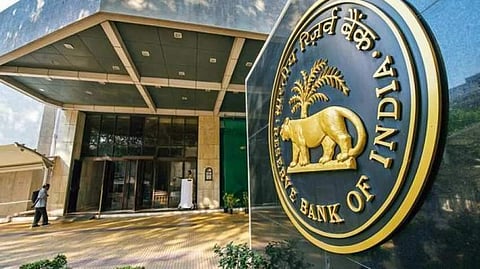

Every quarter, there is a buzz around the repo rate. Whenever the Reserve Bank of India (RBI) raises or slashes the repo rate, it hits the headlines. Have you ever wondered why it is important and how it affects you? Well, here's the answer.
Why is the repo rate important?
Every time commercial banks fall short of funds, they approach the RBI to borrow money. The RBI lends money to these banks at a particular rate which is known as the repo rate.
The RBI decides periodically whether to hike/slash the rate or leave it unchanged. The central bank's monetary policy committee's decision could impact liquidity and inflation in the Indian economy.
The repo rate is a very important tool for the RBI to control inflation trends. Raising or cutting the rates by the RBI will make borrowing more expensive or cheaper for commercial banks.
The repo rate and inflation have an inverse relationship. If the rate is increased, it will bring down inflation and if the rate is lowered, inflation will go up.
How will the change in repo rate affect you as a consumer?
Any alteration in the repo rate will significantly influence inflation and consumer buying power.
Impact on loans: When the repo rate falls, your bank interest rates will also fall and vice versa. Hence, you can take a higher loan from your bank at a lower interest rate. Likewise, if the rate rises, your loans will become more expensive.
Impact on interest on deposits: If the repo rate cut is passed on to you by the bank, you will earn a lower interest on your deposits and vice versa.
If interest rates increase, depositors might be tempted to save more, leading to lesser money being spent.